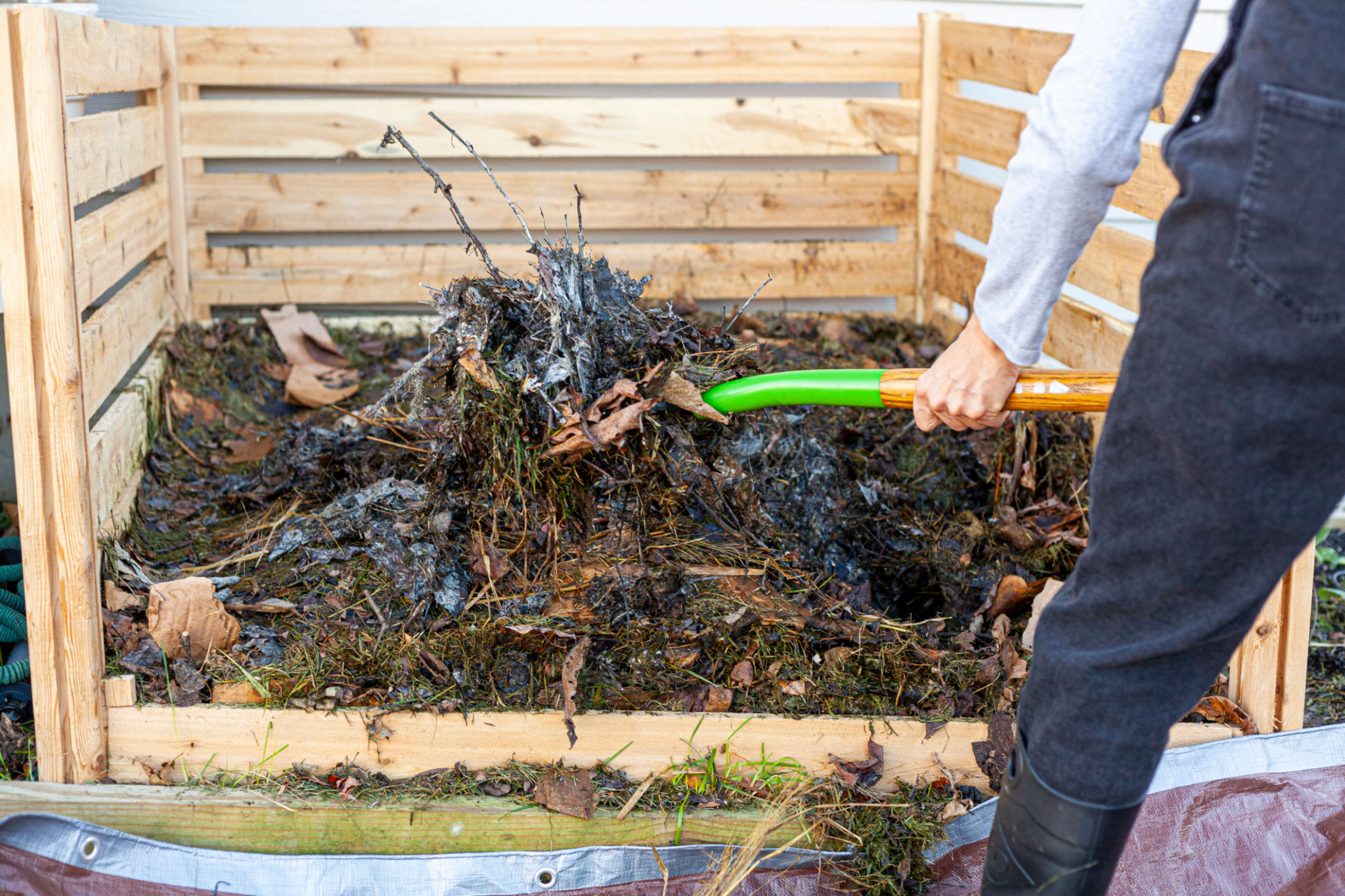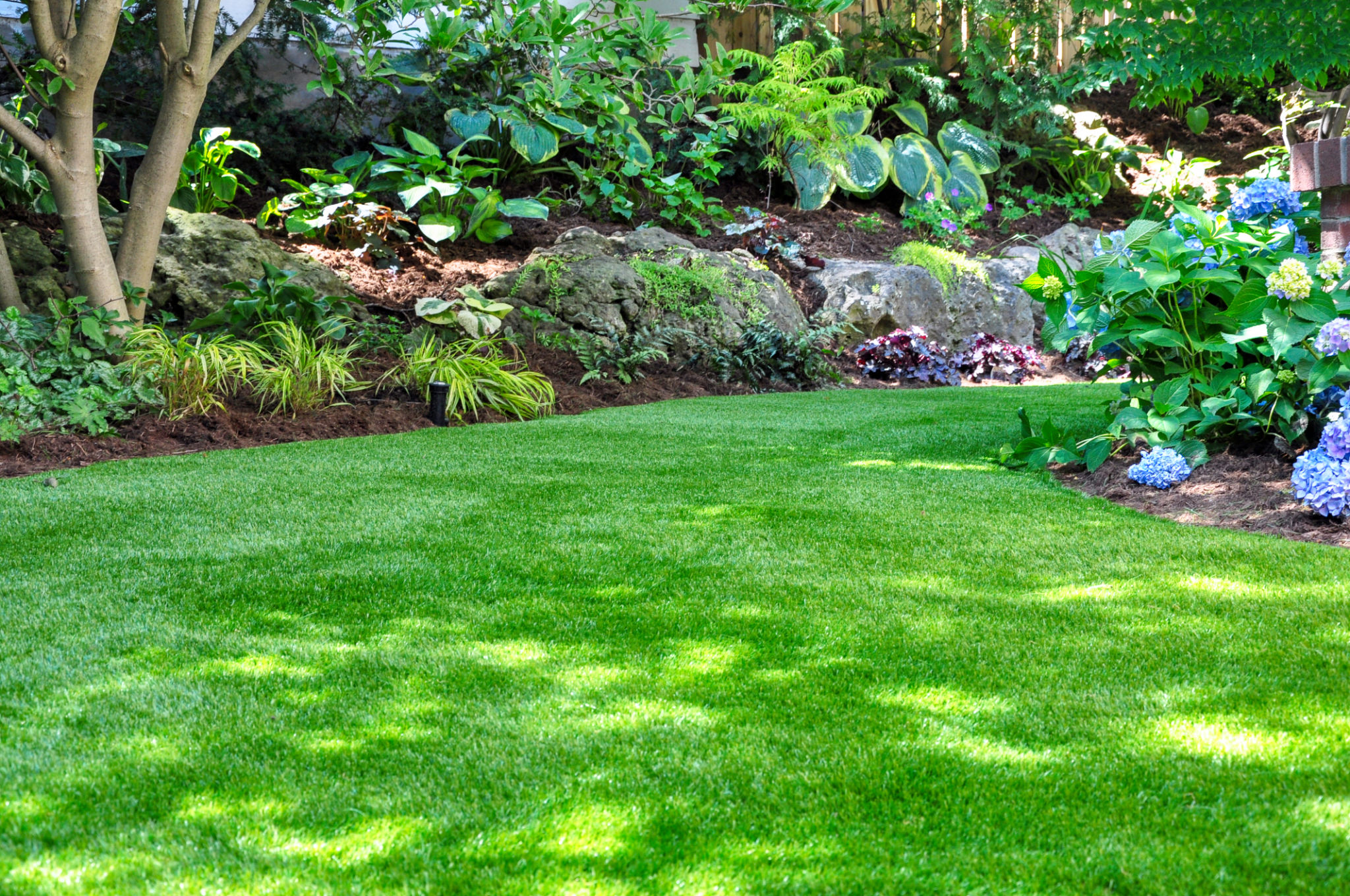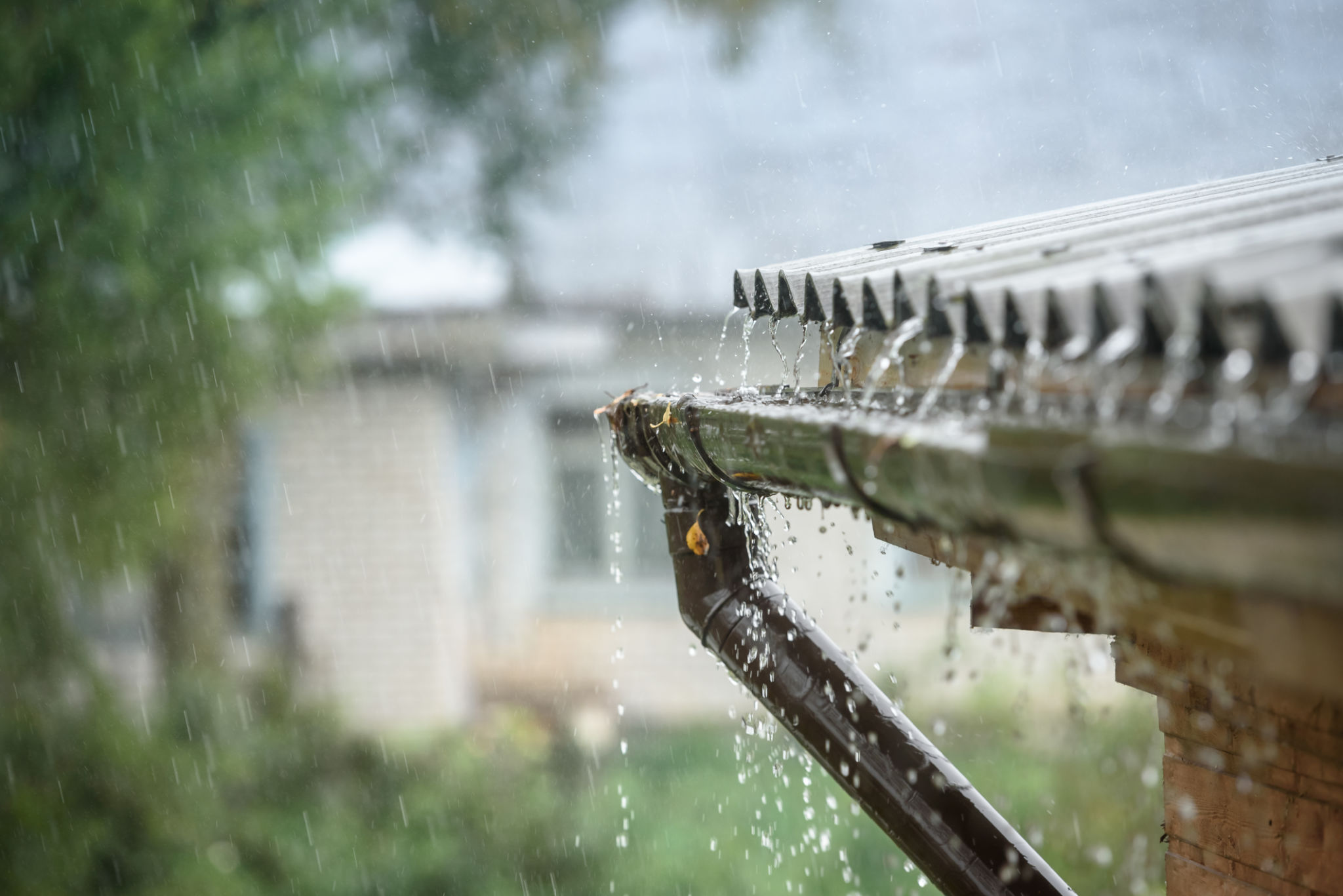Cost-Effective Waste Elimination Techniques for Sustainable Gardens
Introduction to Sustainable Gardening
Sustainable gardening is an eco-friendly approach that not only enhances the beauty of your outdoor spaces but also contributes to a healthier environment. By adopting cost-effective waste elimination techniques, gardeners can maintain their gardens efficiently while minimizing their environmental footprint.
Composting: Nature's Recycling System
Composting is one of the most effective methods for reducing waste in your garden. It involves decomposing organic matter, such as kitchen scraps and yard debris, into nutrient-rich compost that can be used as a natural fertilizer. This process not only reduces the amount of waste sent to landfills but also enriches the soil with essential nutrients.

To start composting, select a suitable location in your garden and create a compost pile or bin. Ensure it has good drainage and is accessible. Regularly turn the compost to aerate it and speed up the decomposition process. Incorporating a variety of materials, such as vegetable peels, coffee grounds, and grass clippings, will enhance the quality of your compost.
Mulching: Retain Moisture and Suppress Weeds
Mulching is another cost-effective technique that offers multiple benefits for sustainable gardening. By covering the soil with organic materials like straw, wood chips, or leaves, you can retain moisture, suppress weed growth, and improve soil structure. Mulching reduces the need for frequent watering and minimizes soil erosion.
To mulch effectively, spread a uniform layer around plants, ensuring not to cover the stems and leaves directly. This practice not only reduces waste by utilizing organic materials but also enhances the garden's overall health.

Rainwater Harvesting: A Sustainable Water Source
Harvesting rainwater is a practical approach to water conservation in sustainable gardens. By collecting rainwater from rooftops or other surfaces, gardeners can reduce their reliance on municipal water supplies and lower their utility bills. This technique is especially beneficial in areas prone to droughts or water restrictions.
Install rain barrels or tanks at strategic locations to capture runoff. Use this collected water to irrigate plants during dry spells, ensuring your garden remains lush without depleting natural resources.

Repurposing Materials: Creative Waste Reduction
Get creative with repurposing materials to reduce waste in your garden. Old containers, broken tools, and discarded wood can be transformed into plant pots, garden markers, or raised beds. This not only cuts down on waste but also adds a unique touch to your garden landscape.
For example, use old tires as planters or create trellises from unused wooden pallets. By thinking outside the box, you can find new uses for items that might otherwise end up in the trash.
Conclusion: Embrace Sustainable Practices
Implementing cost-effective waste elimination techniques in your garden is a rewarding endeavor that contributes to environmental sustainability. Whether through composting, mulching, rainwater harvesting, or repurposing materials, you can create a thriving garden that benefits both you and the planet. Start small, be consistent, and watch your garden flourish as you embrace these eco-friendly practices.
